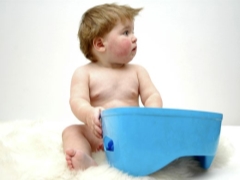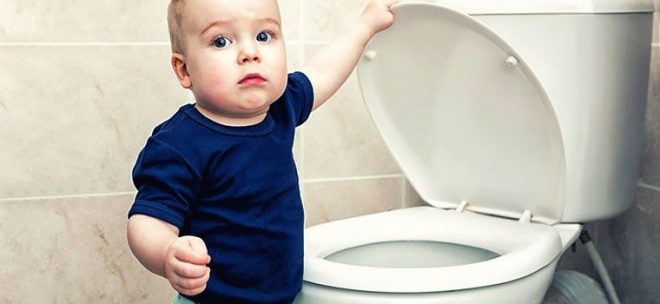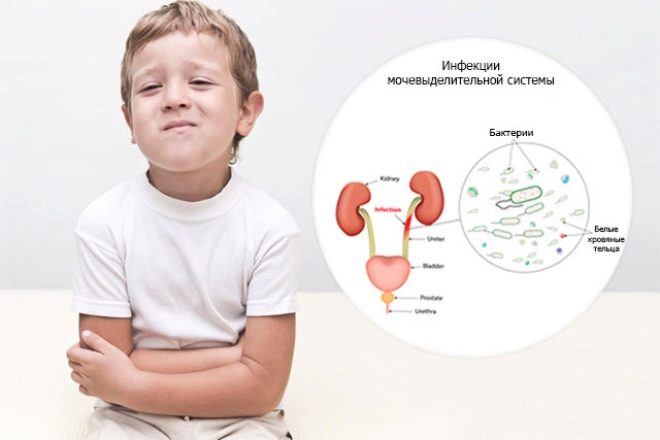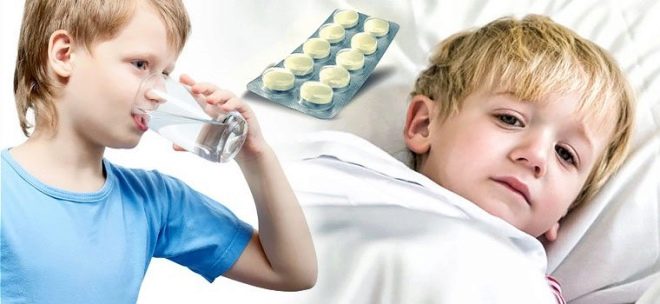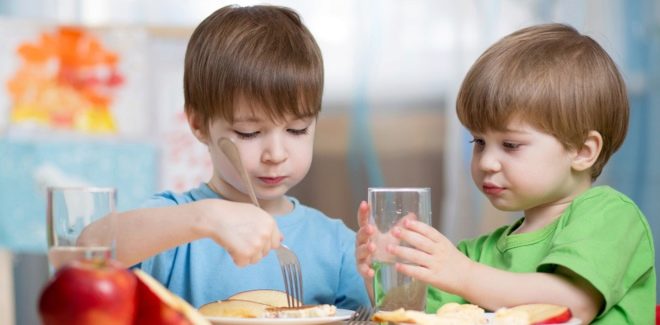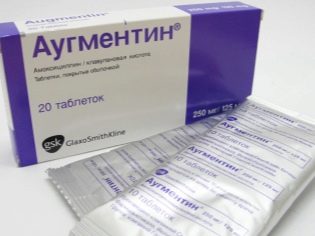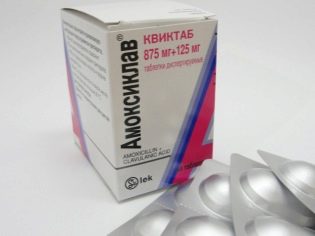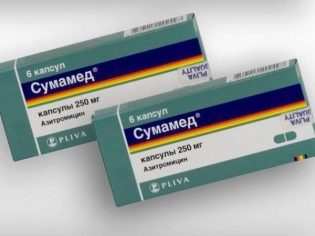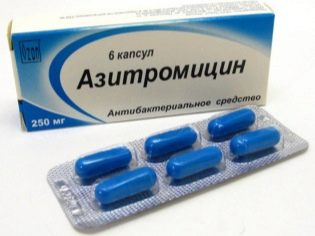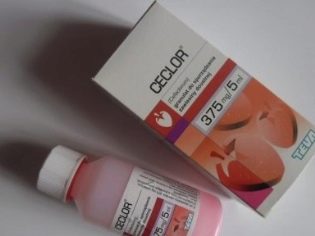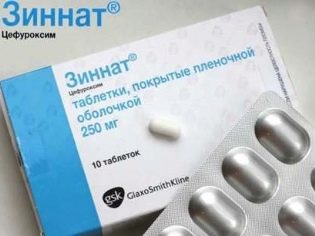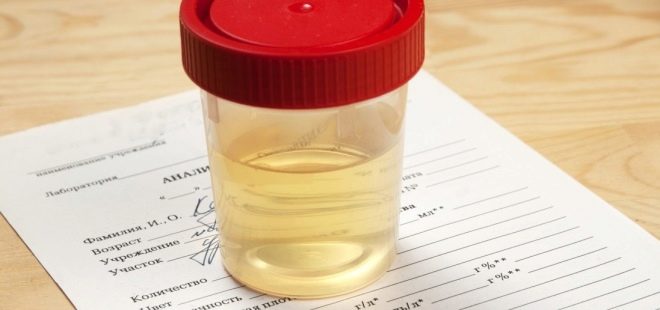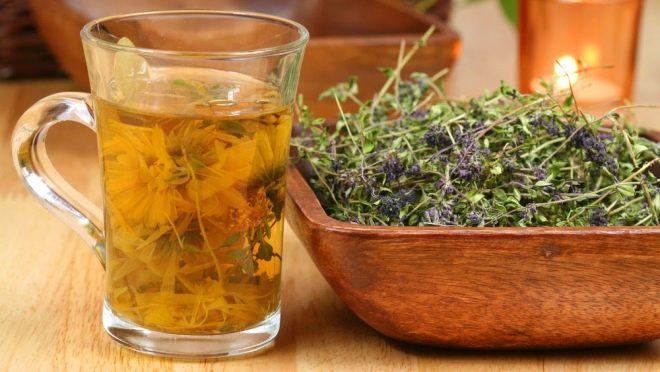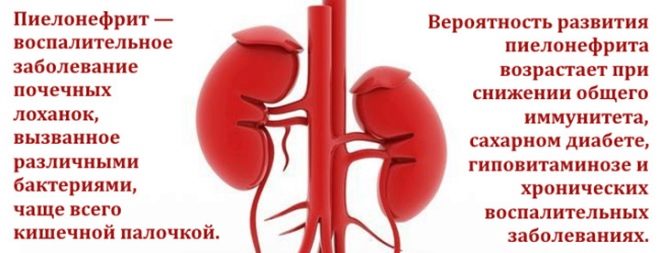Cystitis in boys: symptoms and treatment
Cystitis is an inflammation of the bladder. Girls are sick of them 5 times more often than boys. This is due to the anatomical features of the female body - the girls' urethra is much shorter and larger in diameter, which is a positive condition for developing an infection in the bladder that goes there along the ascending path. Recently, however, boys are increasingly being diagnosed with this diagnosis. Not all parents know what the symptoms are, how the treatment of such a disease is carried out.
Clinical picture
In cystitis, inflammation covers the mucous and submucous layers of the cells of the bladder. Boys of preschool and younger school age are more susceptible to the disease, adolescents and children whose age is less than 1 year are much less likely to suffer from cystitis.
The main factor stimulating the development of the inflammatory process in the bladder is the general hypothermia of the body. In such conditions, the infection gets the ideal conditions for development and reproduction.
The pathogenic pathogen enters the organ cavity along an ascending (via the urethra) or descending (from the kidneys or ureters) path. Very often this is due to non-compliance with the rules of personal hygiene.
Cystitis can be bacterial or fungal in nature. Children can become infected in public places: schools, kindergartens, swimming pools, bathhouses, public toilets, and so on.
Acute and chronic cystitis are distinguished according to the clinical course.
Acute cystitis starts suddenly. It is manifested by a sharp pain in the lower abdomen, frequent tenesmus (false urge to urinate), pain and a burning sensation during urination, as well as an increase in the overall body temperature. Symptoms progress fairly quickly. With timely treatment, the prognosis is quite favorable.
Chronic cystitis most often occurs as a secondary disease resulting from another infection in the urinary system.
The symptoms here are more “blurred”, and the treatment usually takes longer.
Under normal conditions, the inner shell of the bladder is distinguished by a number of protective reactions that do not allow the pathogen to actively develop.
Symptoms and treatment of cystitis will vary between boys of different ages:
- In children aged up to a year with cystitis, tearing is observed, urine acquires a rich, dark-yellow hue, urination becomes either too frequent or rare, and body temperature rarely exceeds normal levels.
- Have boys older than 3 years acute pain occurs in the lower abdomen, urine becomes turbid, urge to urinate are obsessive, may increase the overall temperature of the body (in combination with other symptoms of fever).
Therapy
When the first signs of the disease appear, you should immediately seek qualified help from a doctor and not self-medicate. Delay can significantly increase recovery time and trigger the development of complications. Without asking for medical help on time, parents are at risk of taking another condition for cystitis with similar symptoms.
If cystitis is suspected, the doctor prescribes a number of laboratory tests. As a rule, these are general urine and blood tests. Based on complaints and test results, a diagnosis is made.
Therapy of cystitis in the acute form consists in the destruction of pathogenic microflora and relief of the child’s condition (pain can be alleviated, normalization of diuresis, improvement of the general condition is ensured).
It is necessary to ensure peace. During the first 4-5 days, the child must comply with bed rest - especially if there is an increase in overall body temperature (with all the attendant signs of fever).
The second (and no less important) treatment option for cystitis in boys is drug therapy. Typically, treatment of this disease is not complete without the use of antibacterial agents, but it is important to remember that only a doctor can prescribe antibiotics for cystitis - based on the clinical picture. Uncontrolled medication not only does not help to improve the condition of the child, but also cause significant damage to his health.
When cystitis prescribed not only antibacterial agents, but also antispasmodics, nonsteroidal anti-inflammatory drugs.
During the entire treatment period it is important organize a special diet for the child. It is necessary to exclude excessively spicy food, marinades, smoked meats from his daily ration. It is necessary to limit the amount of salt consumed, as it retains fluid in the tissues. The diet should be balanced, contain fiber, vitamins and minerals.
At this time, you need to drink plenty of fluids: not very strong tea, berry juice (with cystitis is useful cranberry drink), fruit juice, non-carbonated mineral water.
It is worth mentioning that during the disease should be closely monitored so that the baby does not freeze (especially the legs and back).
Special attention should be paid to the care of the genital organs, since neglecting the simple rules of hygiene can lead to re-infection.
The doctor may advise (in addition to all the listed means) the use of warm sessile baths with the addition of herbal decoctions. If you strictly adhere to the treatment plan drawn up by the doctor, then on average the recovery period lasts no more than a week.
Antibiotic use
The most common pathogenic microflora, provoking the development of cystitis in boys, is represented by E. coli, staphylococcal and streptococcal infections, fungi, adenovirus. Therefore, treatment of cystitis can not be effective without antibiotic therapy.
In such cases, some of the following antibacterial drugs may be prescribed by your doctor:
- Preparations of the penicillin group: "Augmentin", "Amoxiclav" other. The course of treatment is at least a week.
- Macrolides - "Sumamed"," Azitramycin ". The course of treatment is 3 days.
- Group of cephalosporins - "Taracef", "Tseklor", "Zinnat».
- Phosphonic acid derivatives - "MonuralAnd other drugs.
Using antibiotics, it is important to strictly follow the recommendations of the attending physician and in no case do not self-medicate. To correctly select the most appropriate antibacterial agent, urine culture is usually prescribed.
However, it often happens that the disease is quite acute, and it is not possible to wait for the results of seeding. In such cases, it is advisable the appointment of broad-spectrum antibiotics. When the results of seeding are ready, you can adjust the treatment according to the results of the analysis.
During treatment, it is impossible to change the drug to another one or stop the antibiotic therapy without the permission of the doctor. Even if the symptoms of cystitis have disappeared, the pathogenic microflora can still remain in the bladder and fully manifest itself if favorable conditions are created for this.
After completing the course of antibiotic therapy, you should again pass urine for sowing.
Recipes of traditional medicine
It should be noted immediately that it is impossible to cure cystitis using only folk remedies. When the first symptoms of the disease appear, your child does not need to hesitate to go to the clinic. Some recipes can be used as complementary treatments. - Naturally, with the consent of the attending physician. Here are some of them:
- A teaspoon of crushed Hypericum must be poured 250 ml of boiling water and put for 30 minutes in a water bath. After that, the resulting broth must be cooled and filtered. Give a child a quarter cup 3 times a day before eating.
- One teaspoon of cornflowers pour 250 ml of boiling water. Infuse the mixture for 30 minutes (a thermos can be used). A single dose is 1/3 of a third of a glass. Take the mixture to 3 times a day.
- Take in equal parts chamomile, calendula and a series of, mix. 3 tablespoons of the resulting mixture pour 1 liter of boiling water and keep in a water bath for 30 minutes. Broth to cool. It is possible to apply means in the form of sedentary trays, treatment course - not less than a week.
Complications
Usually, with timely treatment and the absence of concomitant aggravating factors, cystitis does not leave any complications. If parents took a long time to go to the polyclinic or even self-medicated, then the infectious process can become chronic and spread to neighboring organs.
Pyelonephritis is one of the possible complications of cystitis. In this case, the infection enters the renal pelvis of the bladder in the ascending direction and becomes the cause of the development of an active inflammatory process.
This often happens due to vesicoureteral reflux, which is caused by urine from the bladder entering the ureters. Pyelonephritis is a fairly serious disease with a severe clinical course that requires therapy in a hospital setting.
If in this case, in time, do not seek qualified help, then the patient's condition may be aggravated by the development of interstitial cystitis. This condition is characterized by the spread of infection to the muscular layer of the hollow organ, as a result - the loss of elasticity. Such changes are not amenable to correction, as in this case, the muscle tissue loses its properties, turning into one continuous scar.
You can find out more information about the disease by watching the video below.
